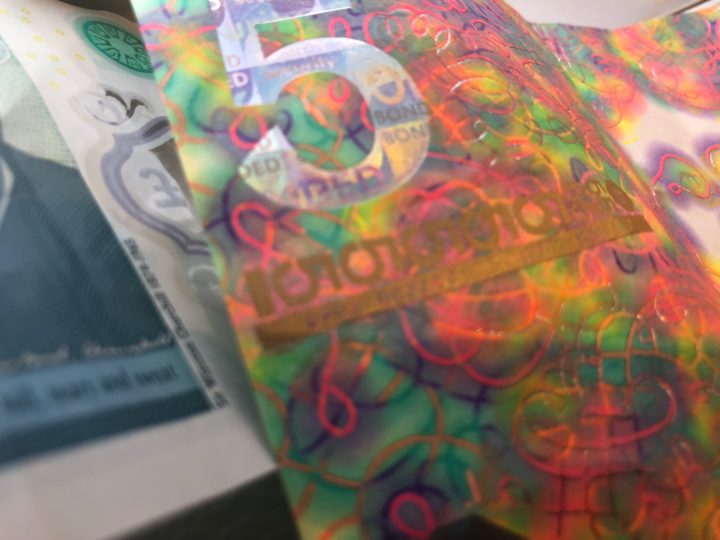What yellow cabs, the Empire State Building, Statue of Liberty, and the millions of lights that decorate Times Square are to people who think of New York City are the red double-decker buses, telephone booths, and London Bridge are to the millions of tourists who flock to London each year.
Similar to other big cities, especially for people who live, work, and play in them, there’s often so much more to a metropolitan city than what meets the eye.
One place you probably won’t see is a place that has historically been known as London’s black neighborhood: Brixton.
Related Post: How To Spend A Day In Black-Owned London
Located in South London, Brixton’s importance to the black community dates back to 1948 when the first wave of immigrants of African-Caribbean descent arrived from Jamaica on the HMT Empire Windrush and temporarily housed in the Clapham South deep shelter.
Today, you will find that Windrush Square is an open public space in the center of the neighborhood in front of the Brixton Tate Library to recognize the contributions made by the African Caribbean community in the area.
Like many metro cities in the world, the area is changing due to gentrification, but it’s still one of few neighborhoods in London where you can support a variety of black-owned businesses.
During your next visit to London, be sure to show your support for black-owned businesses with the area’s own currency: The Brixton Pound.
What Is It?
The Brixton Pound (B£), which officially launched in September of 2009 is a currency that does just that: sticks to Brixton. It was designed to support businesses in the area and encourage local trade and production, according to organizers.
It’s key to point out that this form of currency does not replace the pound. It’s circulated in this area by to increase local trade and community connections.
Related Post: What It Means To Be Black In London
How Does It Work?
You can trade your British Pound for the Brixton Pound either at local vending machines or stores in the area.
The goal is to support the smaller shops which are under threat from the recession and larger chains.
The B£ encourages people to spend money locally. Organizers said money spent with independent businesses circulates within the local economy up to three times longer than when it’s spent with national chains.
There are more than 200 businesses that use the Pound and more being added each year.
For more information, visit the Pound’s website.





